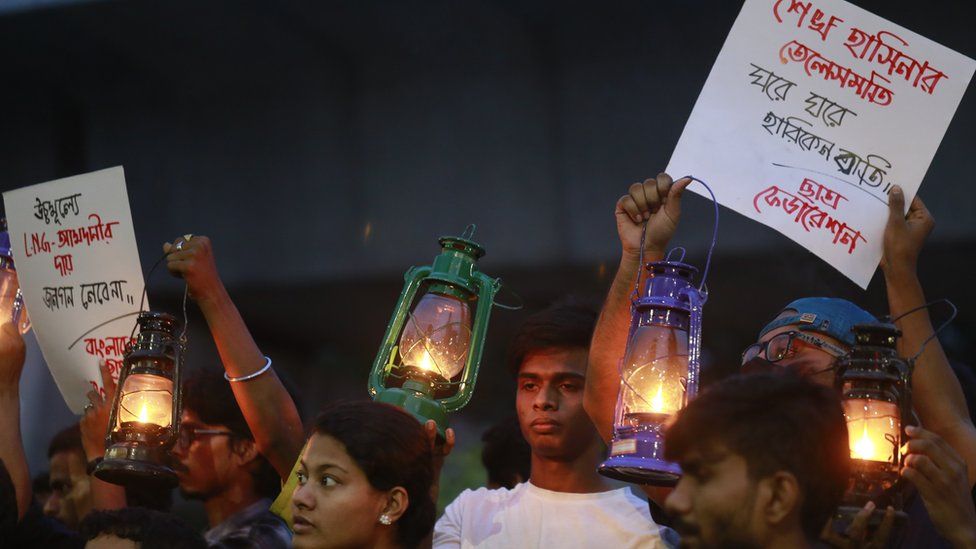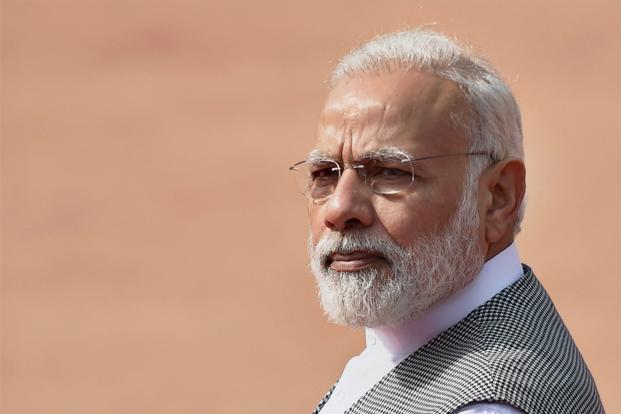Bangladesh cuts school and office hours to save power

Bangladesh will reduce office hours and add an extra day of school closures each week to make up for a lack of electricity, a government official announced.
Last month, the South Asian nation started experiencing regular, two-hour power disruptions.
Recently, demonstrators have taken to the streets in response to the government’s raising the price of gasoline by more than 50%.
The conflict in Ukraine has increased the cost of importing petroleum and hurt Bangladesh’s economy and foreign exchange reserves.
Khandker Anwarul Islam, the cabinet secretary for Bangladesh, announced that schools will now be closed on Saturdays as well. Schools used to be dismissed only on Fridays.
Bangladeshi schools are normally open on Monday, Tuesday, Wednesday, Thursday, Saturday, and Sunday.
Instead of being open for eight hours a day, banks and government facilities would now only be open for seven. Private offices will be permitted to select their own business hours, according to Mr. Islam.
There have been reports of regular power disruptions in many parts of Bangladesh lasting longer than two hours.
Natural gas, some of which is imported, is used to produce the majority of the country’s power.
Due to the rising cost of fuel imports, authorities have shut down all of Bangladesh’s diesel-powered power plants, which generate around 6% of the country’s electricity.
Gasoline prices were raised by more than 50% earlier this month, from 86 taka (90 US cents, 76p) to 130 taka per litre.
Prices for both diesel and kerosene surged concurrently by more than 40%.
In July, Bangladesh became the third nation in South Asia to request a loan from the International Monetary Fund (IMF), following Pakistan and Sri Lanka.
The IMF and World Bank Annual Meetings are expected to be followed by the start of negotiations, but the precise amount of the potential loan has not yet been decided.
Bangladesh’s foreign exchange holdings have shrunk to roughly $40 billion (£34 billion), which is equivalent to four and a half months’ worth of normal government spending.
The $416 billion economy has won plaudits for being among the world’s fastest-growing in recent years.






